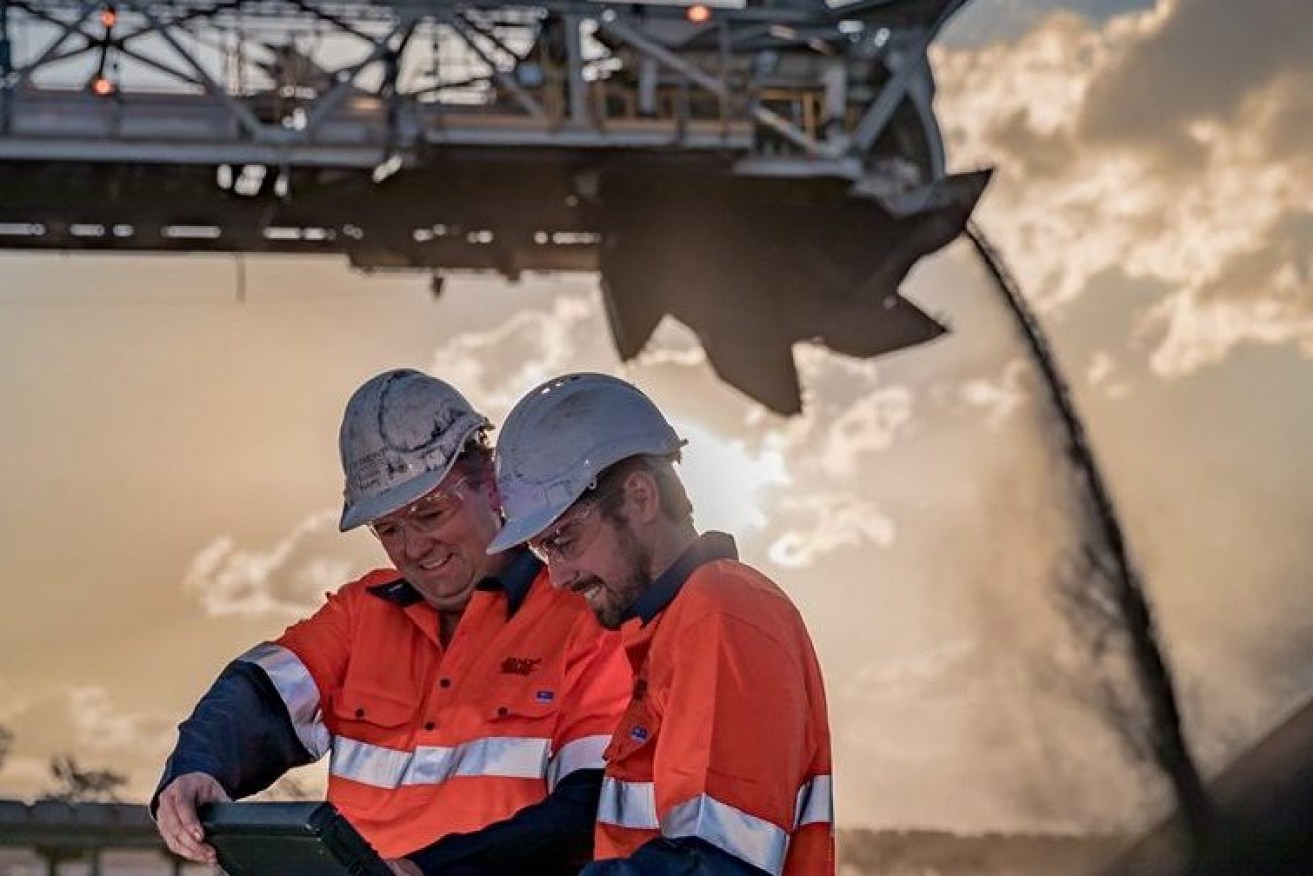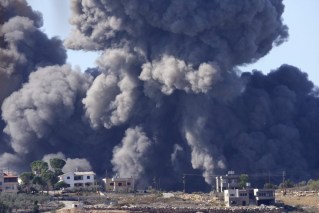Queensland mines vow they will be last in the world to shut down
Queensland coal producers have vowed to be the last ones standing as the world shifts to renewable energy to combat climate change.


BHP is selling the Daunia and Blackwater mines (Pic: BHP)
The Queensland Resources Council said the state’s coal mines should be the last coal mines closed in the world because they produced the best quality resource. It also claimed the world needed Queensland coal to transition to a cleaner and greener world.
“Queensland coal producers are willing and able to meet the challenges of modern-day mining and will be operating for decades to come as the world turns its attention to using higher-quality, lower carbon-emitting coal,” the council’s chief executive Ian Macfarlane said.
“Queensland coal mines should be the last coal mines closed in the world because it’s the best quality coal there is, and that goes for our thermal and metallurgical coal.”
The defiant statement follows the resolution from the COP26 summit last week which agreed to “phase down” the use of coal. The wording was significant because it had originally been drafted as an agreement to “phase out” coal. Even so, more than 40 nations have agreed to shift away from coal and China has agreed to not finance coal-fired power stations in other countries.
Australia has also adopted a net-zero emissions target for 2050 and economists have tipped Queensland would face the biggest impact of the policy because of its reliance on coal for electricity generation as well as its exports of metallurgical coal used in steel production, an industry responsible for about 10 per cent of the world’s greenhouse gas emissions.
However, Macfarlane said the industry was embracing low-emissions technology and had an in-demand product.
One of its strategies is a pledge for a $100 million carbon capture and storage hub in the Surat Basin.
“The world needs Queensland coal more than ever to support the transition to a cleaner, greener and more sustainable future,” Macfarlane said.
“Right now, steel can only be produced commercially by using metallurgical coal, and thermal coal is the only 100 percent reliable way to produce energy.
“This will change as fast as the technology will allow and our industry will evolve accordingly, but the road to a lower emissions future is a long one that needs to be managed in an orderly and logical way.
“No-one wants to be without power and without the products that support our everyday existence.”
Macfarlane said the way forward is all about reducing emissions, embracing renewables and using technology to provide the commodities and raw materials the world needs to function 24/7 in a way that meets community expectations.








